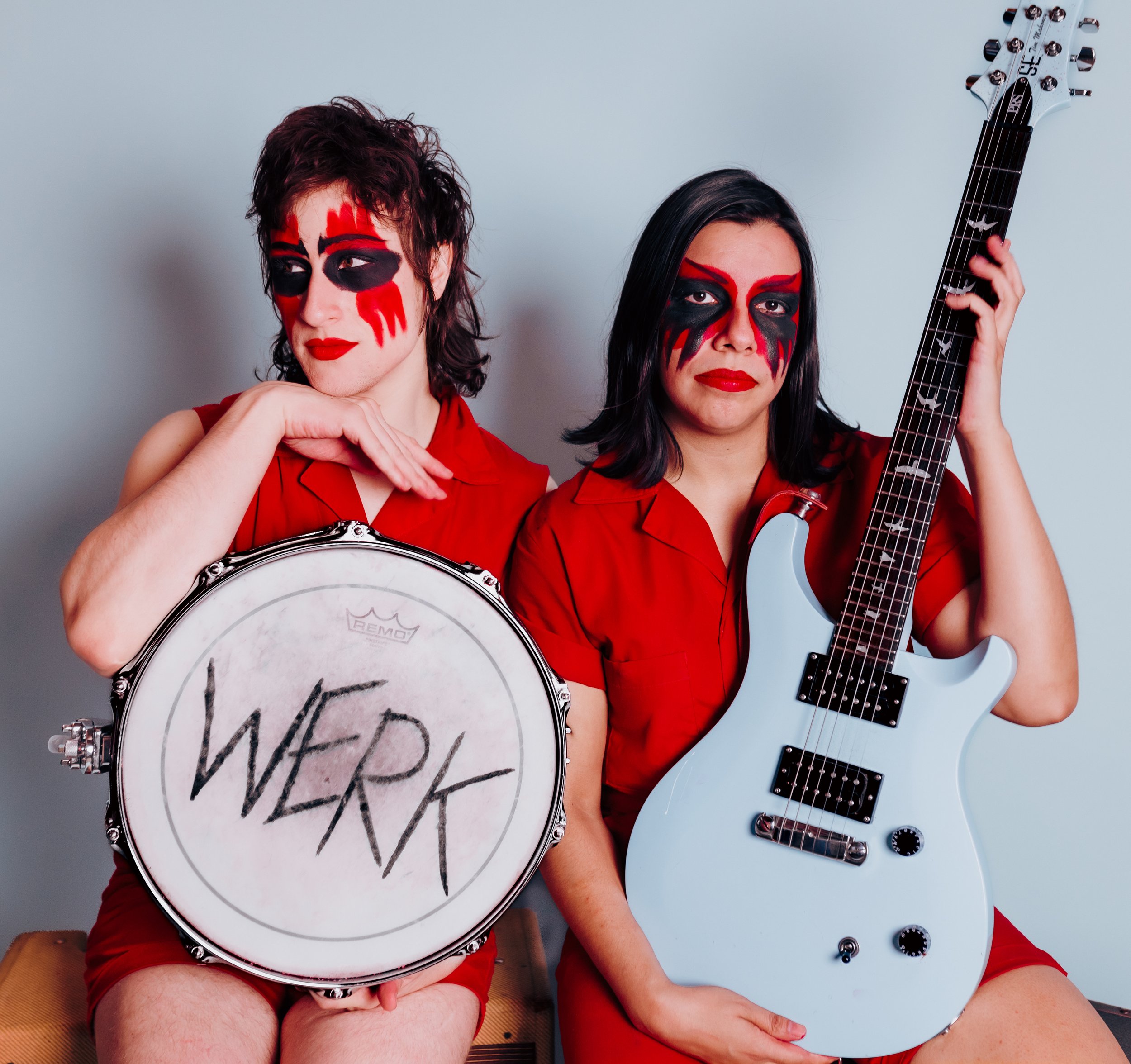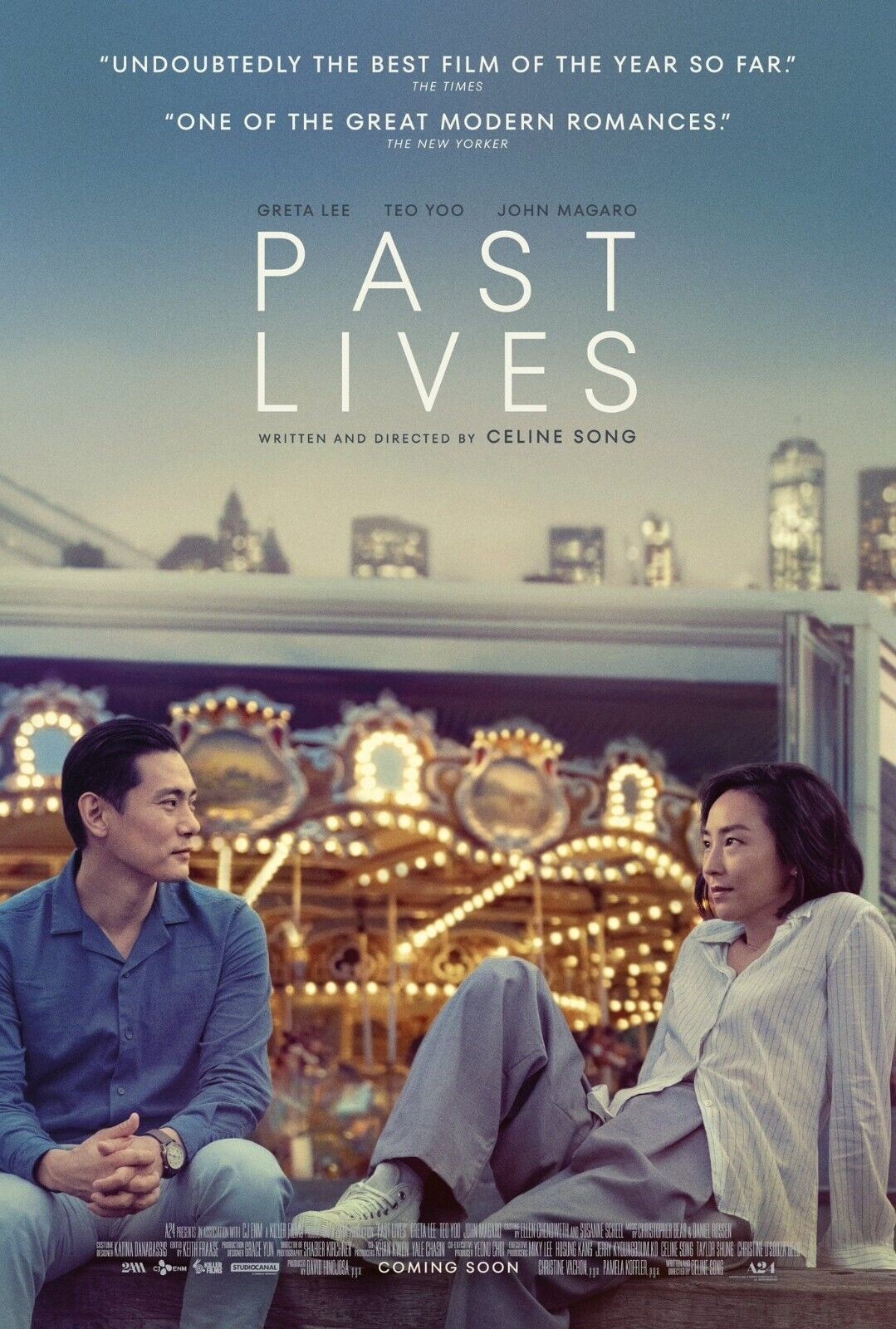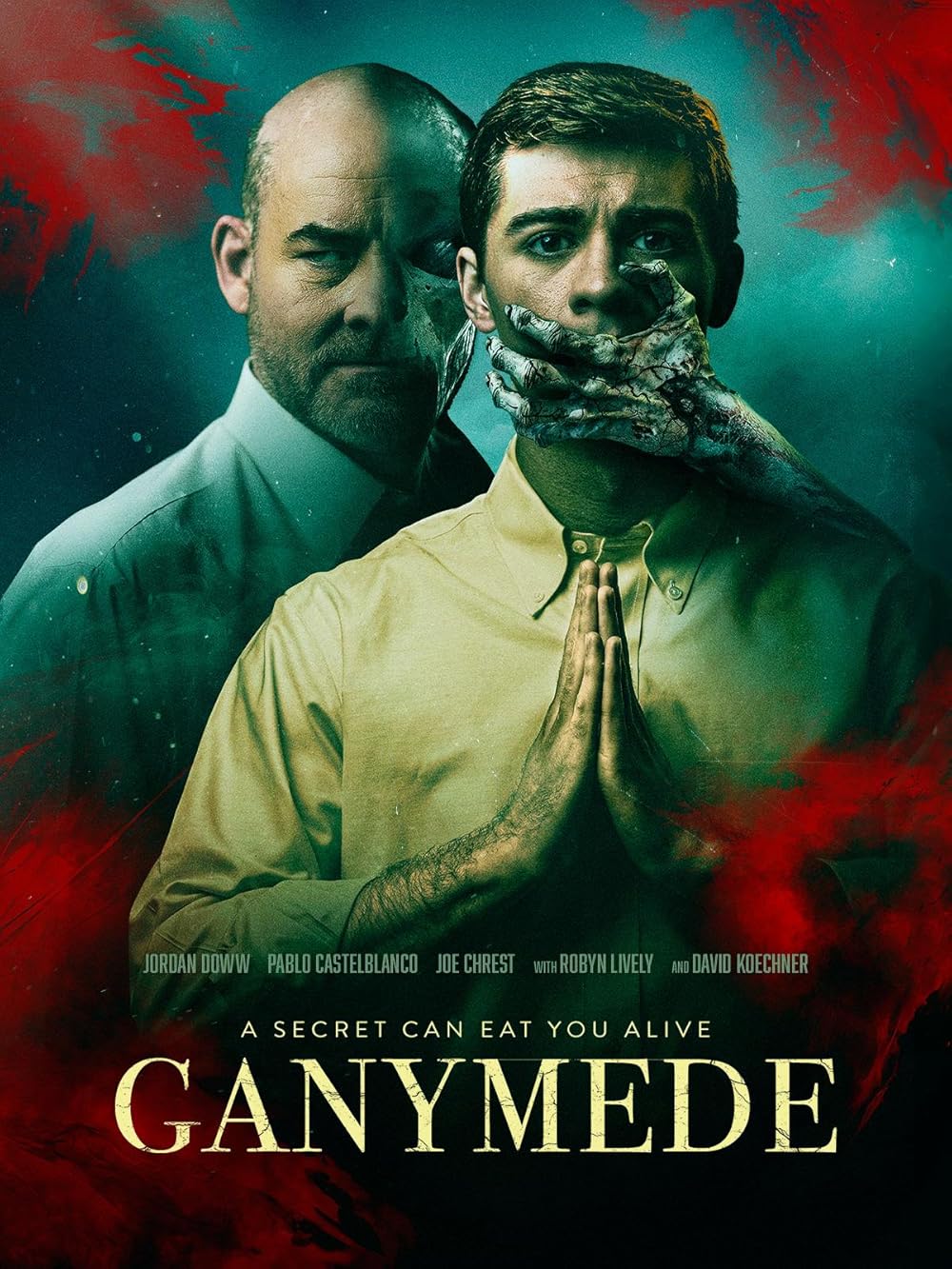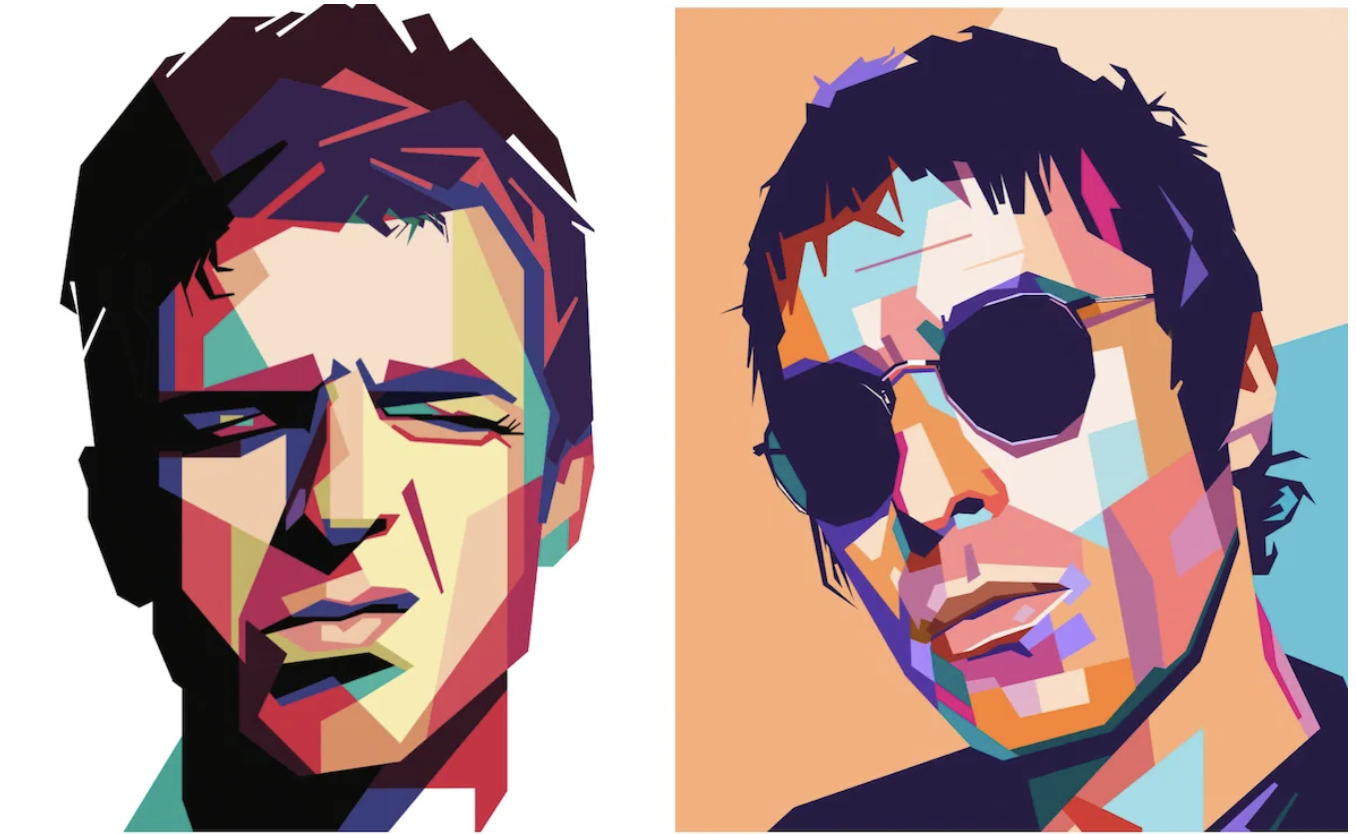Now Playing
Current DJ: Matt Barr
Unicycle Loves You Dangerious Decade from Unicycle Loves You (Highwheel) Add to Collection
Requests? 773-DJ-SONGS or .(JavaScript must be enabled to view this email address)

Chicago band Heet Deth will perform at CHIRP Night at the Whistler on Sunday September 29th. We recently caught up with Julia (drums and vox) and Laila (guitar and vox) from the band to ask a few questions.
So, What’s going on? Tell us about your current releases and/or upcoming shows (such as CHIRP Night at the Whistler!).
Julia: We released Heet Deth Hooray! back in 2021, and while I feel incredibly lucky & grateful that we’ve had the successes we’ve had with only the one release, we’re itching to release album 2.
We have some banger shows coming up this fall. We’re excited to play with Tension Pets at the free (yes, FREE) CHIRP show at the Whistler Sunday 9/29, the night before we’re playing Burlington with one of Chicago’s finest, Mr. Phylzzz, and Zookraught from the west coast. Then in October we’re opening for Fat Dog & Lip Critic at Empty Bottle, there’s a lot to be excited about.
Laila: Our next couple shows coming up are so rad, it’s our first time ever playing the whistler and our first ever chirp night and it’s an honor to be included, let alone with one of the coolest bands weve seen, tension pets. The next show we’re looking forward to is October 24th at empty bottle with Fat Dog and Lip Critic! Lip Critic melted our minds and we got to see them rip up Detroit, we are so psyched to join them in their mayhem!
How do you go about turning your thoughts, ideas, and feelings into sounds?
Julia: Laila will send me voice notes with riffs or even just recorded mouth sounds for me to listen to, then when we get together we see if we can make some magic happen, which I think we usually do.
When I practice by myself I practice slow, excruciatingly so. Sometimes slowing down a pattern for an exercise gives me inspiration and I’ll start jamming/iterating on the practice patterns.
Laila: Sometimes it’s a phrase or a rhythm that I can’t help but get out of my body that needs to be released. A lot of the time if it’s my thoughts, they don’t go away until I let them out. I think that’s why music feels so freeing and honest to me. Other times when I improvise noise making, I find a moment of sound and try to isolate it, looking to see what potential it has to transform into something. It’s like riding a wave of noise and following where it wants to go, finding ways to let go of control and just experience what it is.
Welcome to The Fourth Wall, CHIRP's e-conversation on cinema. This week's subject is the 2023 Romanic Drama Past Lives.
This edition is written by CHIRP Radio volunteers Kevin Fullam and Clarence Ewing.
 Kevin:
Kevin:
"Is he attractive?"
-- "I think so. He's really masculine, in this way I think is so Korean."
"Are you attracted to him?"
-- [PAUSE] "I don't know... I don't think so..."
That's not quite the exchange that any husband wants to have when his wife is reconnecting with an old flame, is it? Except that the third party isn't really an old flame. Or is he? It's... complicated.
Let's back up a minute. Past Lives is a story primarily told in three chapters. Na Young (Greta Lee) and Hae Sung (Teo Yoo) are 12-year-old classmates in South Korea who go on one playground "date" before Na's family immigrates to Canada.
A dozen years later, Na (now having changed her name to Nora) reconnects with Hae via Facebook while studying playwriting in New York City. They have a certain chemistry, but nothing comes of their video calls. With their lives headed in different directions, they're unable to coordinate a get-together, and so any spark that was there fizzles out.
Twelve more years pass, and Nora is now married to an American, Arthur (John Magaro), whom she met at a writer's retreat, and they're living together in NYC. Hae contacts Nora out of the blue -- he's headed to America for an impromptu vacation, and wants to know if she'd like to meet. She does.
Their rendezvous, along with the following evening when the three of them meet for dinner, comprise the heart of the story. Does Nora still have feelings for Hae? How much has Nora's time in the West exacerbated the cultural divide between them? And where does Arthur now see himself vis-à-vis Nora?
 by Kyle Sanders
by Kyle Sanders
A few years ago I had the opportunity to meet one of my idols, writer Fran Lebowitz. After signing my copy of The Fran Lebowitz Reader, I complimented the pair of cowboy boots she was wearing, and pointed to my own (I happened to be dressed in similar attire as she was: sport coat, pressed button-down shirt, and cuffed denim jeans--not that she seemed to notice), which I had purchased in Nashville, Tennessee a decade prior.
"You should buy a pair the next time you do a speaking engagement in Nashville," I insisted. She seemed unconvinced, stating that she'd never been to Nashville because she's rarely invited to speak in the conservative parts of the country.
"Oh," I responded. "You should give Nashville a chance though--they've become slightly more progressive these days."
"Yeah," Fran quipped back. "But it's still the South."
Less than a year after that fateful encounter, the Volunteer State signed into law the Tennessee Adult Entertainment Act, which prevents "adult cabaret performance" in public or in front of children.
The details are pretty vague, until you come across the section that defines such performances as "male or female impersonators who provide entertainment appealing to prurient interest." In other words, this law was primarily meant to ban drag performances.
Fran was right, no matter how liberal a red state city can appear, the South is still gonna "South."
Why exactly is that? Why is it that progress is slowed (or more accurately, forced backward) thanks to the conservative-minded hive of Bible-beating, family-valuing climate deniers? More importantly, why a ban on drag? How does a law so trivial in the grand scheme of things take precedence over actual legislation that benefits communities instead of divides them?
What is it about drag--and to a greater extent, the LGBTQ community--that conservatives are so afraid of? These nagging questions kept bubbling up to the surface as I watched the latest queer horror release, Ganymede.
by Andy Frye
 If you follow music at all, you have heard the news: Oasis are back together. With concert dates next summer scheduled in London, Cardiff, Dublin, and other locations, tickets across the pond are selling fast. Is there new material? Supposedly, there is an album in the works. In related news, Liam Gallagher says his brother Noel is no longer a "potato."
If you follow music at all, you have heard the news: Oasis are back together. With concert dates next summer scheduled in London, Cardiff, Dublin, and other locations, tickets across the pond are selling fast. Is there new material? Supposedly, there is an album in the works. In related news, Liam Gallagher says his brother Noel is no longer a "potato."
Why reform Oasis now? Some might say… It's all about the money. Either way, many of us who dug in hard to their first two albums a quarter-century ago are celebrating. To others, the band is still—to say the least—a little polarizing.
Looking back, what appears to irk people most about Oasis, at least in the U.S., is both about the music—and not about the music. Some of the dislike of the band is more about the two brothers' personalities. Or—at least back then in the '90s—the size of their footprint on music.
But with the more prominent bands from the 1990s it seems to come with the territory. Ask anyone on the street about one of the most popular acts of the decade—not Nirvana, but the Dave Matthews Band and you'll surely get different reactions. Some consider DMB not much different from smooth jazz (something about which we all have a pointed opinion.) There are strong opinions about Green Day, Alanis Morrissette, and the Red Hot Chili Peppers. Like them or not, each artist was an essential part of the late 20th-century musical ecosystem.